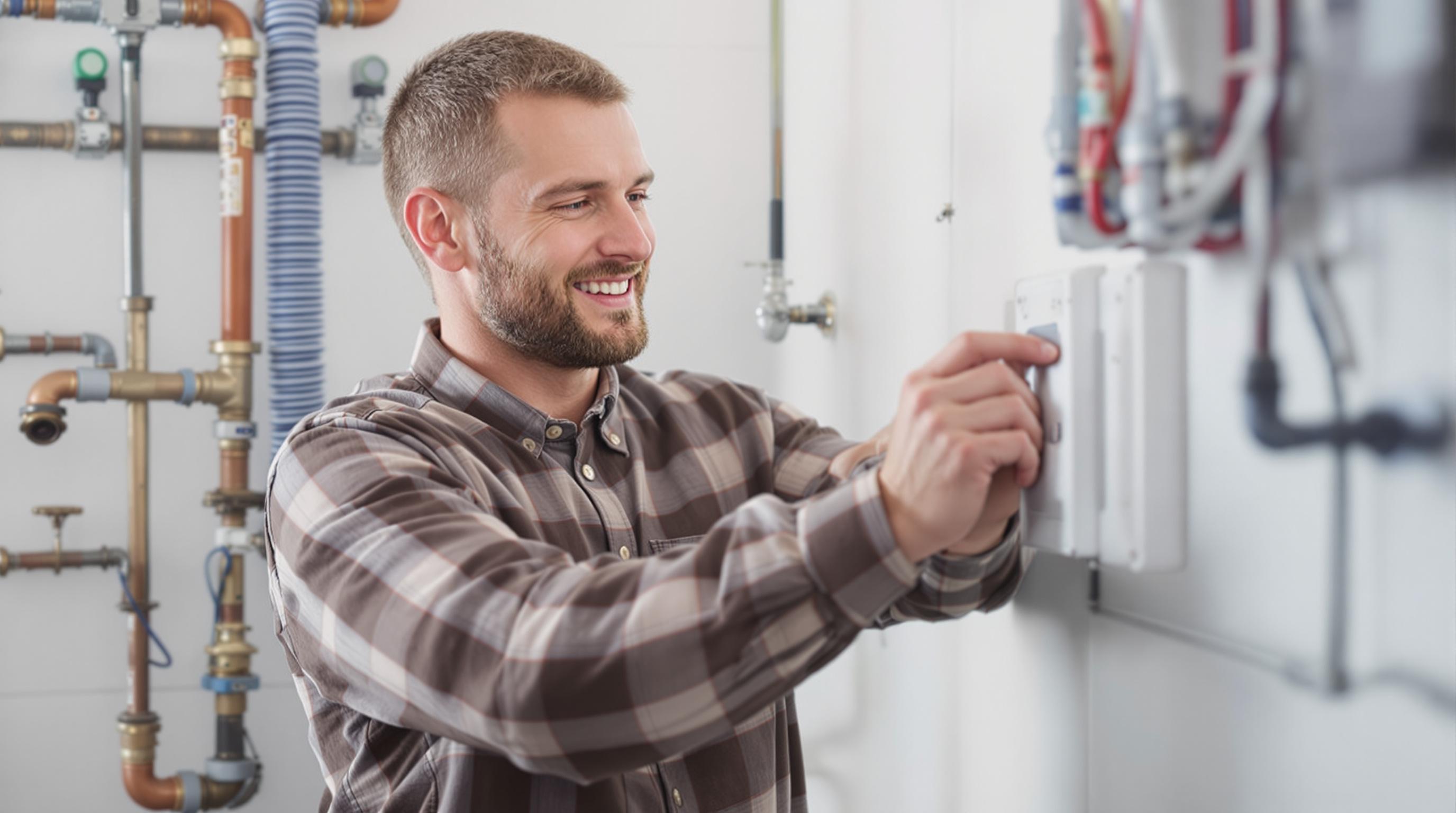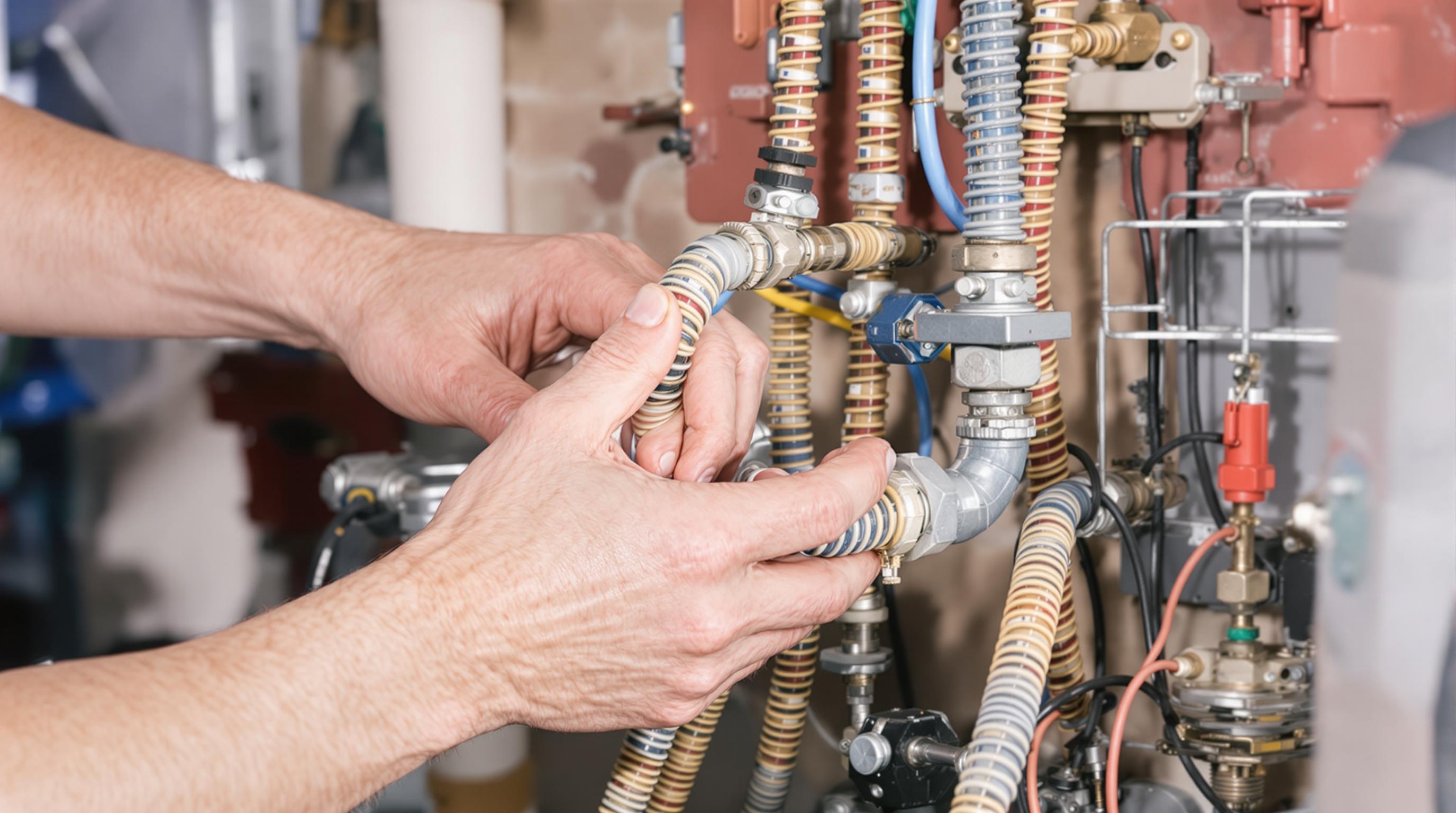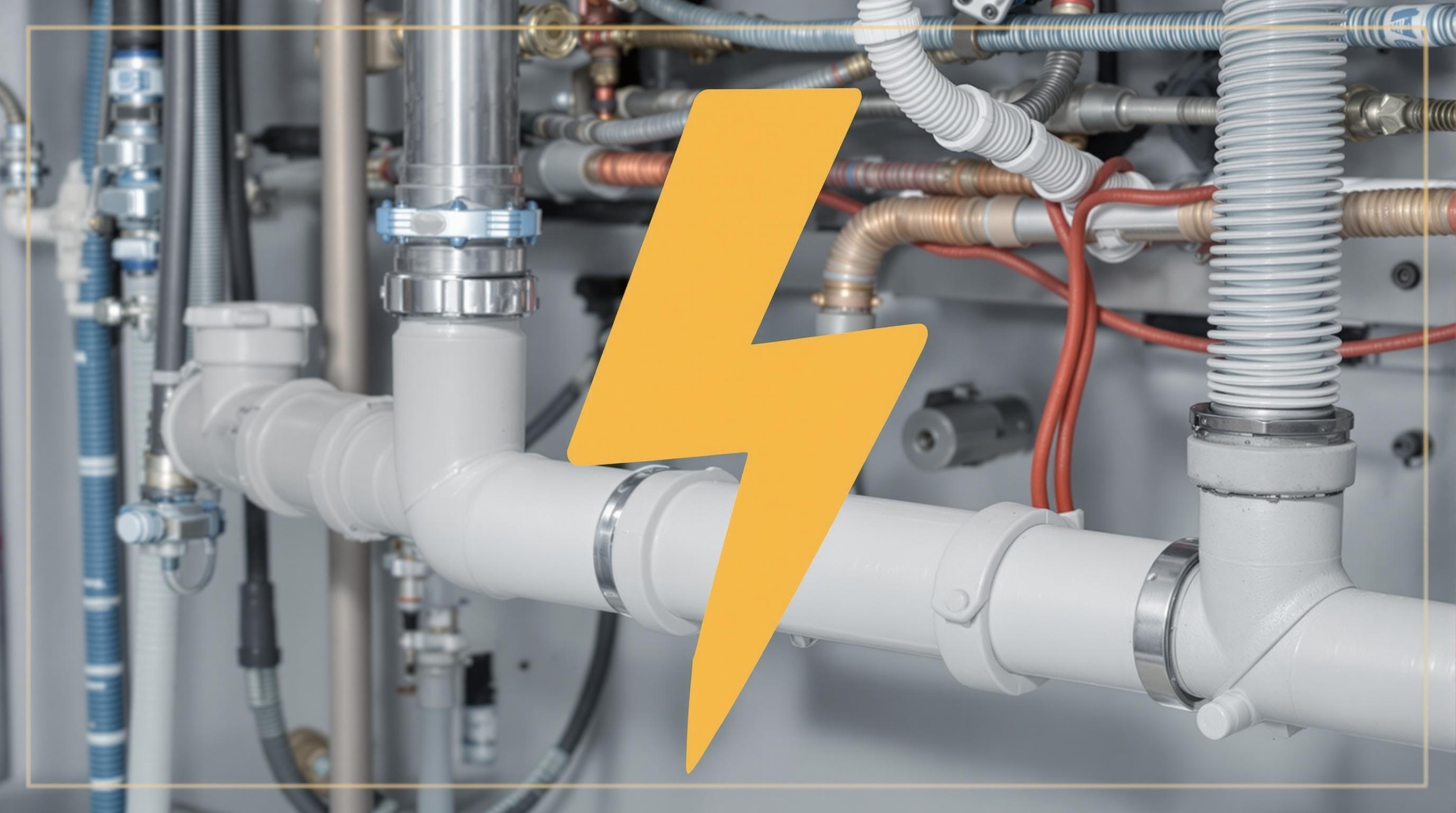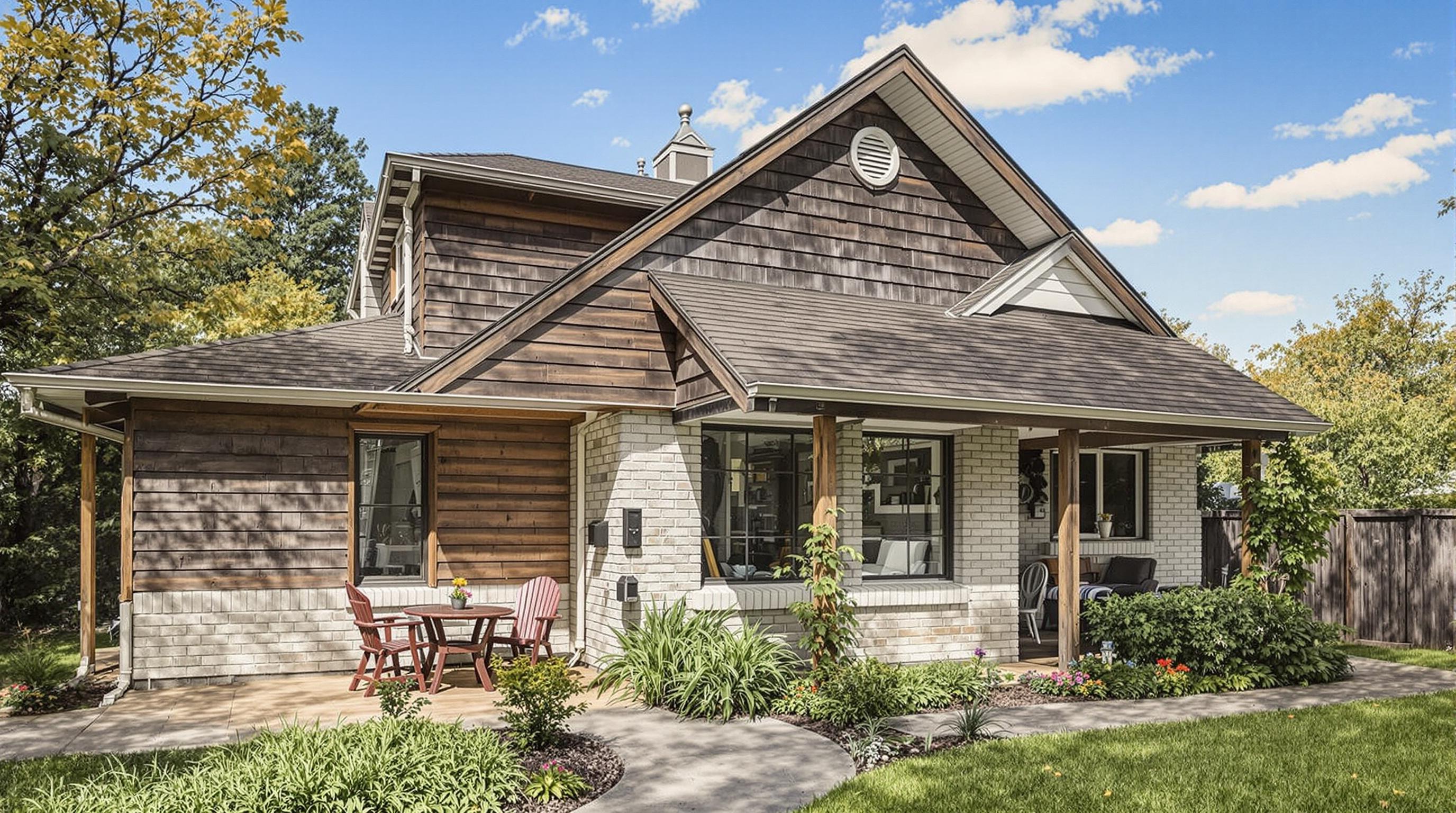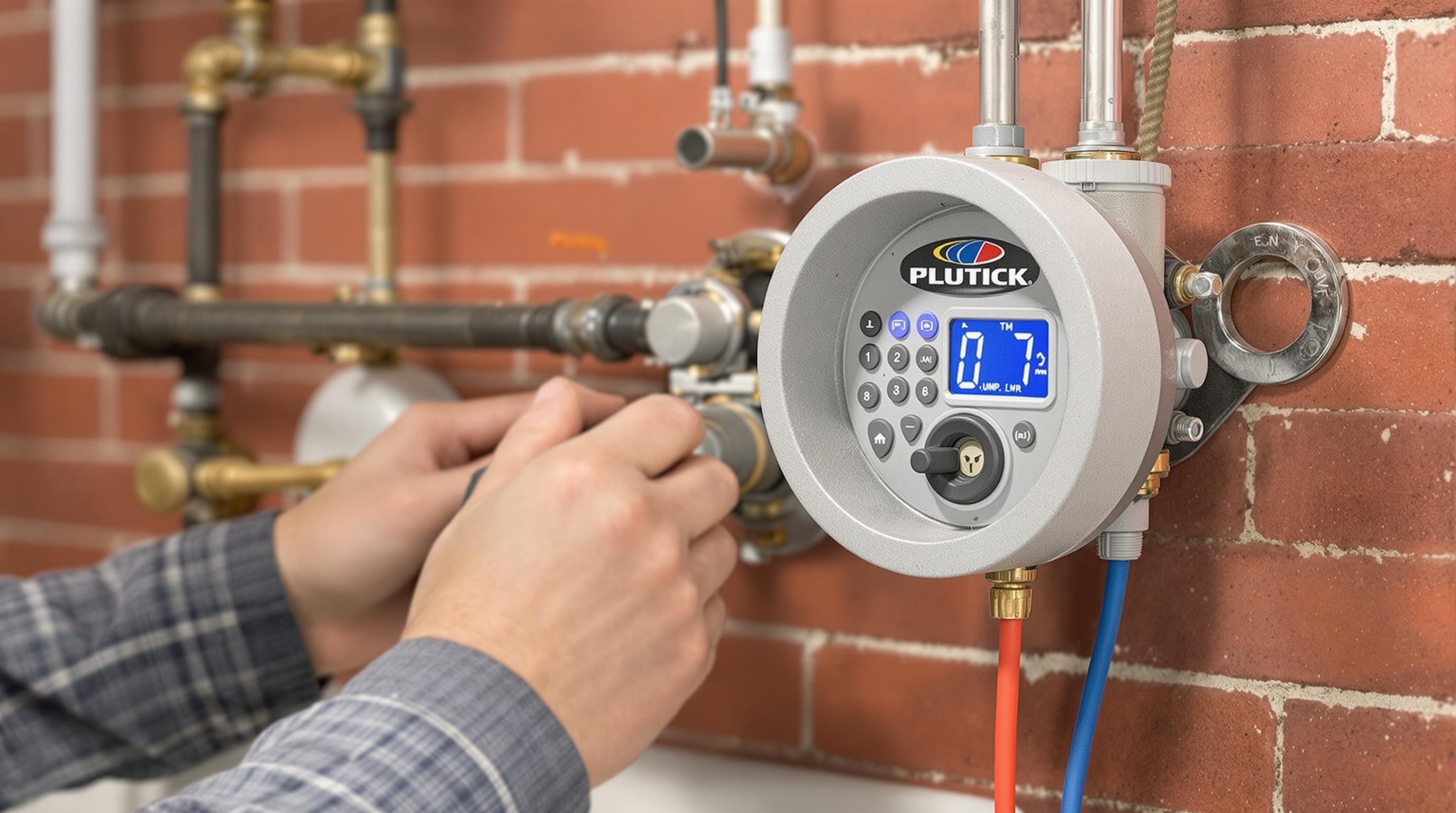Related Articles
- The Hidden Influence of Ergonomics: How Tool Design Shapes Our Physical Spaces and Daily Lives
- The Silent Influence: How Hidden Home Implements Shape Our Daily Routines and Spaces
- The Counterintuitive Role of Chaos: How Messy Tool Storage Can Lead to Unexpected Home Innovations
- Exploring the Unseen: How Audio Experiences Shape the Art of Domestic Spaces and Color Perception
- Rethinking the Mundane: How Everyday Objects are Becoming the Canvas for Modern Artistic Expression in Home Spaces
- Cultivating Chaos: The Surprising Benefits of Embracing Weeds in Your Garden Ecosystem
11 Hidden Ways Your Plumbing and Electrical Systems Impact Your Home's Resale Value and Market Appeal You Never Knew
11 Hidden Ways Your Plumbing and Electrical Systems Impact Your Home's Resale Value and Market Appeal You Never Knew
11 Hidden Ways Your Plumbing and Electrical Systems Impact Your Home's Resale Value and Market Appeal
1. Modernity vs. Obsolescence
Buyers are often willing to pay a premium for homes that boast modern plumbing and electrical systems. These systems assure prospective homeowners that they won’t have to deal with costly upgrades anytime soon. Outdated systems can make potential buyers question the integrity of the entire property.
Restoration and Replacement Costs play a significant role in buyer perception. If plumbing or electrical systems appear old or subpar, buyers might estimate extensive costs to remedy them, effectively lowering their offer or walking away altogether. Thus, maintaining modern systems can have a dramatic effect on market appeal.
Moreover, appliances that utilize modern electrical systems can enhance a home's perceived value. Energy-efficient fixtures and smart home technology can entice buyers who prioritize sustainability and modern convenience.
2. Safety Standards
Safety is paramount when it comes to resale value. An electric panel that is not up to code or plumbing systems that are prone to leaks could deter buyers. Homes with outdated systems may face issues with insurance, making it less appealing on the market.
Inspections often reveal the state of electrical and plumbing systems, and a negative report could significantly impact negotiations following an inspection. Buyers want assurance that their investment is safe; knowing that all systems are compliant with current safety standards is a major selling point.
Furthermore, many modern homeowners are educated about safety requirements and regulations, putting properties with unsafe systems at the bottom of their lists. Restorations to meet safety guidelines not only make the home more attractive but also avoid potential liabilities.
3. Energy Efficiency
Consumers today are increasingly aware of energy consumption and its costs. Homes equipped with energy-efficient plumbing systems and advanced electrical installations, such as solar panels, command higher prices. This reflects a growing desire for sustainable living solutions.
Installations like low-flow toilets, energy-saving appliances, and smart meters can significantly reduce utility bills, making the home more appealing to prospective buyers who are budget-conscious. Many buyers are looking for maximum comfort at the lowest possible cost.
Energy tax credits further encourage homeowners to modernize their systems. Homes featuring energy-efficient upgrades not only retain higher resale values but may also attract a broader demographic during the sale process.
4. Aesthetics and Functionality
Deciding to upgrade your home's plumbing and electrical systems can greatly enhance its overall aesthetics. Well-placed electrical outlets and efficient plumbing layouts contribute to the functionality of the space, making it much more livable.
Good Design is key in modern homes. Updated fixtures and fittings can provide visual appeal and function seamlessly, thereby enhancing the enjoyment of the living space. Homes with outdated or awkward layouts can lead to buyer disinterest.
Open-plan living is popular, and adequately designed plumbing and electrical installations accommodate this trend by ensuring every area of the home is optimally used. Potential buyers can easily visualize themselves in a well-lit, attractive environment with easy access to necessary utilities.
5. Maintenance History
Having a clear maintenance history for plumbing and electrical systems can positively influence a purchase decision. Buyers appreciate homes that have been well-maintained, as this often implies fewer issues and a shorter list of repairs post-sale.
Documentation of repairs and updates, such as plumbing certifications and electrical work receipts, should be available during the sales process. This transparency helps build trust and can justify asking prices, as it shows a commitment to preserving home quality.
Functioning home systems signal a well-managed property, prompting higher buyer interest and potentially leading to multiple offers. A documented history can serve as a selling point, showcasing the house in a more favorable light during negotiations.
6. Insurance Considerations
Homeowners should anticipate that their plumbing and electrical systems play a role in their insurance premiums. Insurers often conduct their assessments based on the state of these systems; thus, outdated systems might lead to higher costs or even denial of coverage.
b>Valid Coverage also resonates with potential buyers. A home with comprehensive insurance coverage presents an added incentive, ensuring buyers that they are minimizing risk. Homes with modern systems are generally favored as they attract lower premiums.
Additionally, buying a home with issues in its plumbing or electrical systems could lead to complications during the mortgage process. Buyers want to know that their investment is secure, and homes that present easier insurance possibilities are inherently more marketable.
7. Utility Costs
Homes with efficient plumbing and electrical systems typically mean lower utility costs for future owners. This factor can be a decisive point for many buyers who are evaluating long-term living costs associated with a property.
Reduced Utility Bills can translate to better buyer appeal, especially for families or individuals looking for sustainability-driven homes. The promise of lower ongoing expenses could lead to quicker sales and an increase in offers.
Moreover, buyers are increasingly calculating the total cost of ownership, leading to further scrutiny on the efficiency of systems. Homes that can effectively minimize costs remain competitive in the market and invite higher interest and prospective sale prices.
8. Smart Home Features
The integration of smart technologies into plumbing and electrical systems has revolutionized home automation, making properties incredibly appealing. Smart thermostats, automated lighting, and leak detection systems are sought after by buyers wanting convenience and efficiency.
Market Trends show that smart home integrations correlate with higher resale values. Buyers often envision the lifestyle enabled by these features, making properties with modern technological advancements more desirable in a competitive market.
Investing in smart technology can enhance the perceived value of your home. The presence of these features adds a layer of luxury that many prospective owners dream of, thereby increasing market appeal.
9. Neighborhood Standards
In neighborhoods where most homes boast updated plumbing and electrical systems, a home lacking such upgrades might clash with the community's standards. This discrepancy can hurt resale value and market appeal significantly.
Neighborhood Expectations matter; buyers often expect the same quality as what their neighbors have. An outdated system can detract from the overall aesthetic and draw questions about the overall character and integrity of the property.
Staying competitive within one's community often means complying with the standard of modernization. A home that blends in aesthetically and functionally with its neighbors can command a premium price, while those that don’t often struggle in the market.
10. Environmental Impact
Increasingly, buyers are considering the environmental effects of the homes they purchase. Outdated plumbing and electrical systems may be less efficient and contribute to higher carbon footprints, making modern systems more appealing.
Eco-Friendly Practices resonate with a growing segment of the market. Homes equipped with energy-efficient systems are not only appealing in terms of cost-saving but also align with the values of environmentally conscious consumers.
Properties that showcase certifications like Energy Star or LEED can significantly boost their attractiveness, often resulting in higher offers. As environmental awareness rises, the shift towards modern, low-impact systems could redefine a home's market position.
Conclusion
Your home’s plumbing and electrical systems play a critical role in shaping its resale value. It is essential to recognize that appealing to potential buyers involves more than cosmetic upgrades; it is highly influenced by the underlying systems working behind the scenes.
Maintaining modern and efficient systems not only enhances market appeal but also ensures that you’re better positioned to maximize returns on investment. Awareness of factors such as safety, energy efficiency, and the neighborhood standards helps to navigate these essential improvements.
Finally, understanding how plumbing and electrical systems affect your home's market position can empower informed decisions that not only benefit personal comfort but create a valuable asset for your future.
